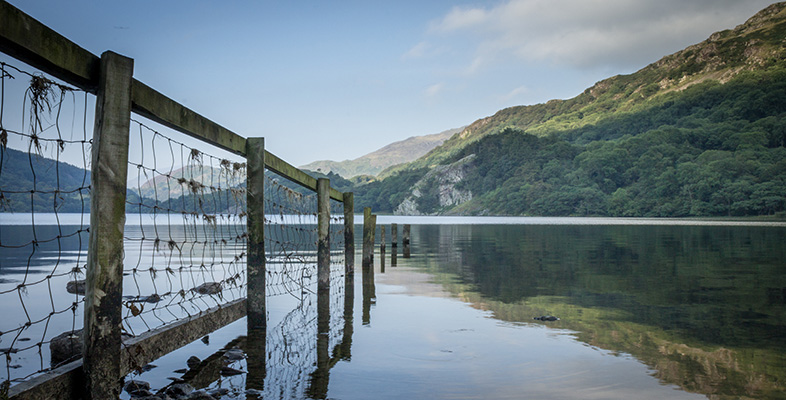5.4 Lloyd George, Wales and the world
What I hope the activity in Section 5.3 reveals is that a full appreciation of David Lloyd George's political career would take us well beyond the confines of Wales and the Welsh nation. As Prime Minister of the United Kingdom of Great Britain and Ireland (1916–22) he presided over the expansion of the British Empire to its maximum extent, while at the same time negotiating the settlement of the ‘Irish Question’ and the recasting of the UK as that of Great Britain and Northern Ireland. Along with President Woodrow Wilson of the United States of America and Prime Minister Georges Clemenceau of France, he played a critical role in the peace settlements that followed the First World War, and which not only redrew the map of Europe but also those of the Middle and Far East. Later, while in opposition, Lloyd George was instrumental in introducing the ultimately highly influential economic initiatives of John Maynard Keynes to a wider audience. To study Lloyd George's life in the round, therefore, would be a fascinating and highly worthwhile exercise, and I recommend strongly that if you have time you should read at least one of the shorter biographical studies, such as those by Pugh (1988) or Wrigley (1992) listed in Section 5.6.
Our focus in this section, however, is on Lloyd George's relationship with Wales, and what a study of Lloyd George can tell us about the emergence of a modern sense of Welsh nationality. Contemporaries were very confident that Lloyd George's political ascent held a significance wider than that of the man himself. One of Lloyd George's earliest biographers, J. Hugh Edwards, went so far as to produce a multi-volume work entitled The Life of David Lloyd George, with a Short History of the Welsh People, which started with ‘the origins of the Cymric race’ (Edwards, 1913–24, vol. I, p. 1) and ended with Lloyd George's premiership! The justification for such an arrangement was the claim that Lloyd George was ‘the product of Welsh nationality – the resultant [sic] of those forces which have kept alive the language and tradition of Wales through long centuries of oppression and scorn’ (Edwards 1913–24, vol. I, p. xxiii). It was just such a mood that allowed the liberal-nationalist monthly the Welsh Outlook to proclaim Lloyd George ‘the greatest Welshman yet born’ in 1919 (cited in Morgan, Modern Wales, p. 361).
Modern historians tend to be rather more restrained in their evaluations. I once took part in a radio programme which debated whether Lloyd George was ‘hero or villain’. Each side was represented by a professional historian and a Member of Parliament (one Liberal Democrat, one Labour). The judge was historian and broadcaster Peter Stead, and when the fury of the debate had subsided his decision was that Lloyd George was a villain! Yet in the online poll conducted in 2003–04 by Culturenet Cymru to identify ‘100 Welsh heroes’, Lloyd George came in a very respectable eighth place.
Between 8 September 2003 and 23 February 2004, Culturenet Cymru received over 80,000 nominations for ‘Welsh heroes’.
When the polls closed the top ten places were as follows:
Aneurin Bevan (2426 votes)
Owain Glyndŵr (2309)
Tom Jones (2072)
Gwynfor Evans (1928)
Richard Burton (1755)
Gareth Edwards (1685)
Dylan Thomas (1630)
David Lloyd George (1627)
Robert Owen (1621)
Saunders Lewis (1601)
It is interesting that a more recent (but less extensive) poll produced a slightly different set of results. Who would be your top ten Welsh heroes? Would the list include any women?
